
Read or listen offline
Amazon Kindle
audio autogenerado
1×
Ingrese para escuchar el resumen en audio.
audio autogenerado
Recommendation
F. Scott Fitzgerald observed that the rich “are different from you and me.” So how are the ultrasuccessful able to make the momentous decisions on which they build their fortunes? The self-confidence of Wall Street bankers and captains of industry is well documented, but how they achieve that assurance is less known. This academic paper offers an interesting hypothesis: It all comes down to forgetting the right information. getAbstract suggests this technical paper to risk specialists who wish to account for the overconfidence of decision makers in economic modeling.
Summary
About the Authors
Thomas M. Eisenbach is an economist at the Federal Reserve Bank of New York. Martin C. Schmalz is an assistant professor of finance at the University of Michigan.








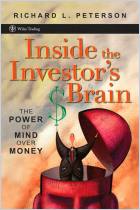
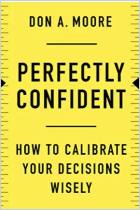
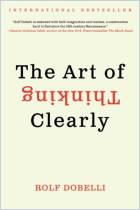
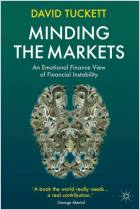
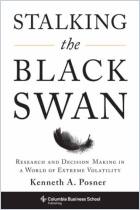
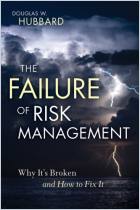



Comment on this summary or Comenzar discusión